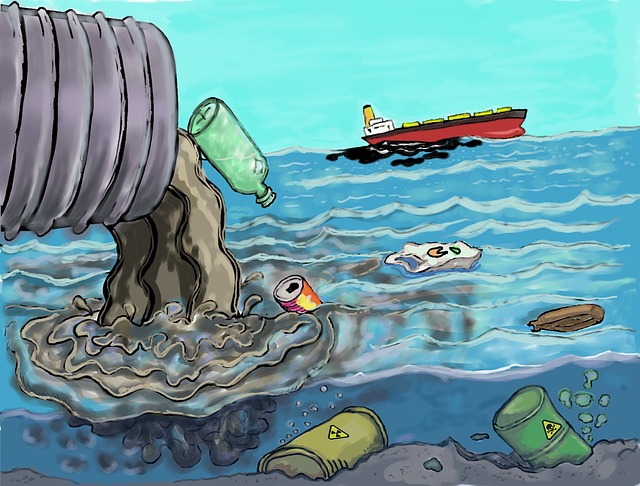
Contents
and Health
Pollution from industrial activities has been linked to various health risks in both humans and wildlife. Industrial pollution occurs when harmful substances, including air and water contaminants, are discharged into the environment by factories, refineries, and other industrial facilities. While most countries have implemented regulations to limit the impact of industrial pollution on the environment, the health risks posed by the contaminants present in industrial waste remain.
Airborne Pollutants:
Airborne pollutants from industrial processess, such as fine particulate matter, sulfur and nitrogen oxides, ozone, and smog, can have a significant impact on human health. The inhalation of these pollutants can lead to respiratory infections, asthma and other breathing difficulties, cardiovascular disease, and cancer. Long-term exposure to these contaminants can also lead to a decrease in lung function and performance.
Water Contaminants:
Industrial activities can release a variety of toxic pollutants into the water supply, including heavy metals, organic compounds, and sewage effluent. These contaminants can have detrimental health effects on humans, from skin irritation and rashes to neurological damage, cancer, and organ damage. Drinking contaminated water can also lead to gastrointestinal illnesses and diarrhea.
Noise Pollution:
Noise pollution, often stemming from industrial activities such as construction, can have a detrimental impact on physical and mental health. Exposure to loud and persistent noise is linked to stress, anxiety, hypertension, and hearing loss.
How To Limit The Health Risks:
The potential health risks of industrial pollution can be minimized through a variety of techniques. Firstly, industries should be encoraged to use best practices during their operations, such as using protective clothing and equipment, optimize their processes to reduce the release of pollutants into the environment, and ensure that industrial waste is properly disposed of and treated.
Additionally, authorities should ensure that the existing regulations regarding industrial pollution are being enforced, and consider the implementation of more stringent rules to lower the amount of pollutants being released into the environment. Finally, individuals can help reduce the health risks associated with industrial pollution by recycling and disposing of waste in a responsible manner.
Keywords: Industrial Pollution, Health Risks, Airborne Pollutants, Water Contaminants, Noise Pollution, Recycling.
